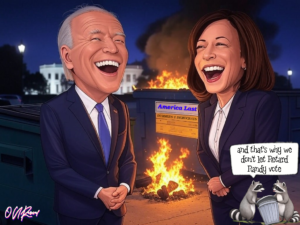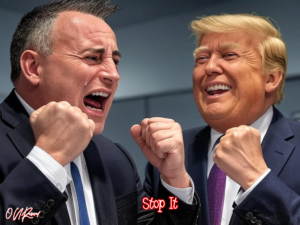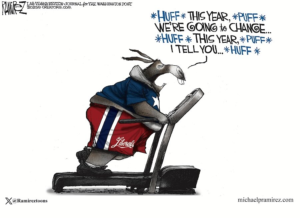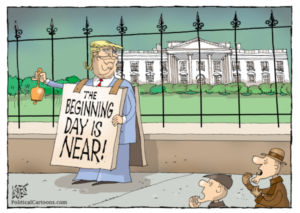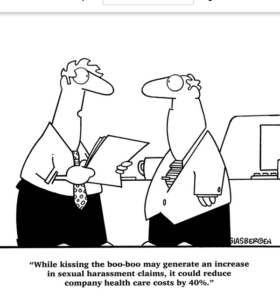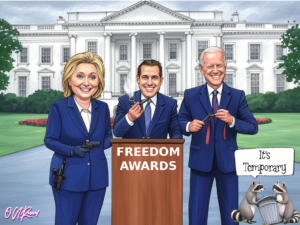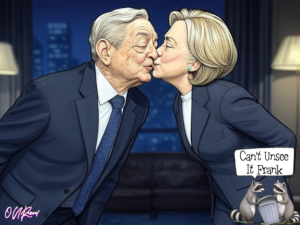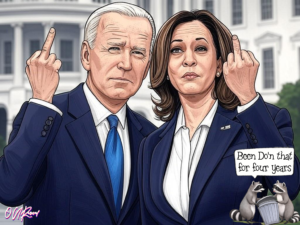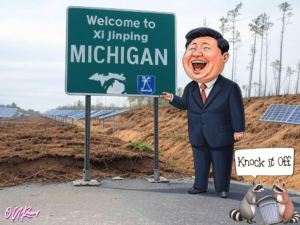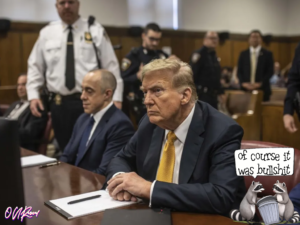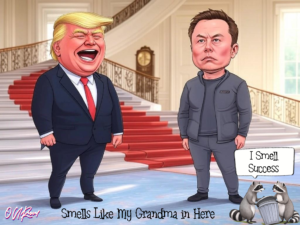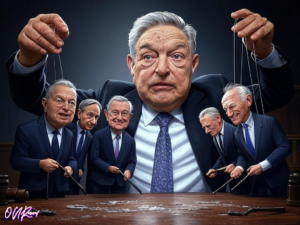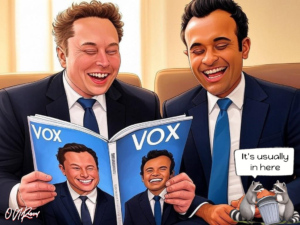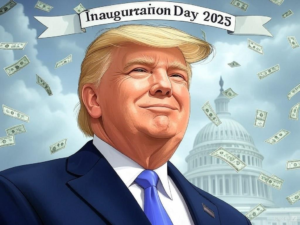Trump’s Advocacy for H-1B Visas Reflects Enlightened Nationalism
Confirming recent statements, Donald Trump has publicly endorsed the H-1B visa program, aligning with what has been described as an enlightened form of nationalism. In a recent discussion with the New York Post, Trump articulated his support for the H-1B visa, stating, “I have many H-1B visas on my properties. I’ve been a believer in H-1B. I have used it many times. It’s a great program.” This position was highlighted amidst a debate sparked by Elon Musk and Vivek Ramaswamy against those advocating for a significant reduction in legal immigration.
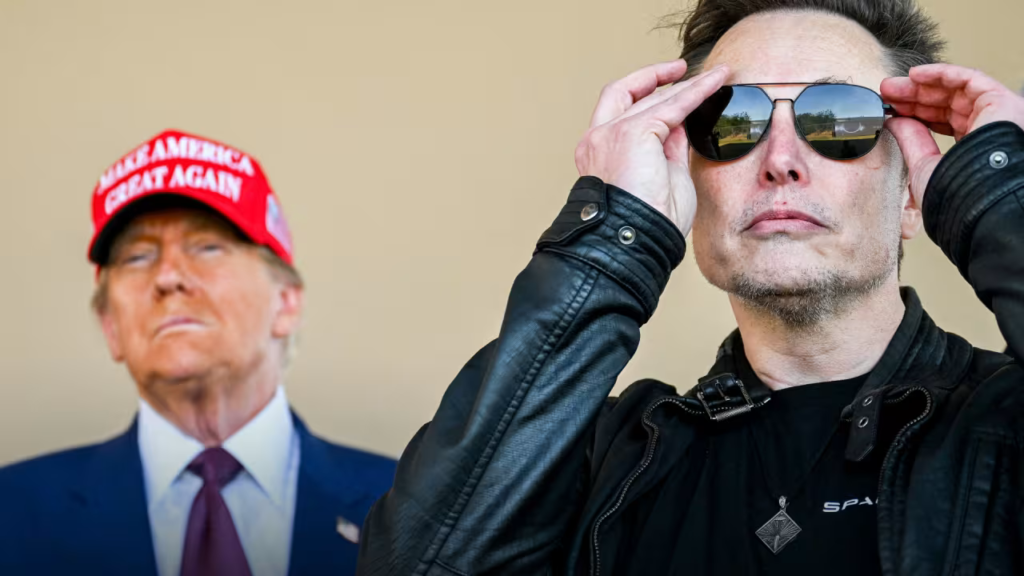
Trump’s support for the H-1B visa, although possibly confused with the H-2B visa in his comments, underscores a broader recognition of the benefits these programs bring to the U.S. economy. Both visa types are legal mechanisms designed to meet specific labor shortages, contrasting with the challenges posed by illegal immigration.
The H-1B visa program, capped at 85,000 annually, has consistently been oversubscribed, with demand for fiscal year 2025 reportedly exceeding supply by fivefold according to Stuart Anderson of the National Foundation for American Policy. This high demand is evidenced by the 30,000 employers who managed to secure at least one H-1B visa through a lottery system in fiscal 2024, underscoring the program’s necessity in sectors like technology and engineering where U.S. unemployment rates remain low.
Critics argue that the H-1B might suppress wages, but legal stipulations require employers to match or exceed prevailing wages for U.S. workers. Data from 2023 shows an average salary of $132,000 for computer-related jobs under this visa, debunking claims of wage depression.
From an economic perspective, the H-1B visa is vital for maintaining U.S. competitiveness in the global tech arena. Studies, including one by Britta Glennon of the Wharton School, suggest that denying H-1B visas to applicants often results in talent migration to other countries, directly impacting U.S. companies’ ability to innovate and compete.
While there have been instances of program abuse, these should not overshadow the program’s overall positive impact. The case for the H-1B visa is not just about economic necessity but also about strategic national interest in fostering a diverse, skilled workforce that enhances American innovation and productivity.
Trump’s stance on H-1B visas can be seen as part of a broader, more inclusive nationalist vision where national interest is served by attracting and retaining top global talent. This approach to nationalism focuses on strengthening the nation through economic and technological prowess, rather than limiting it by geography or ethnicity alone.


